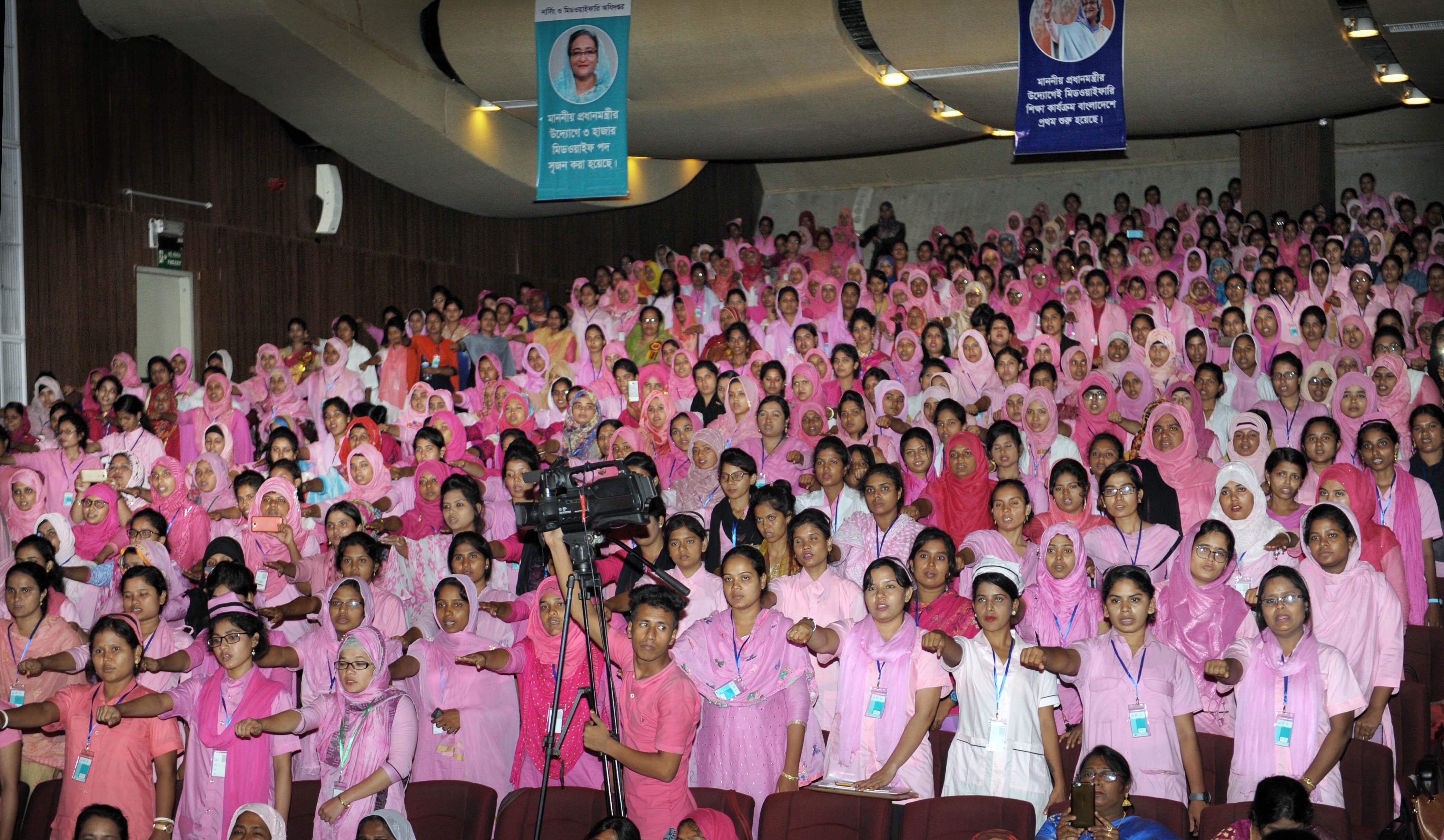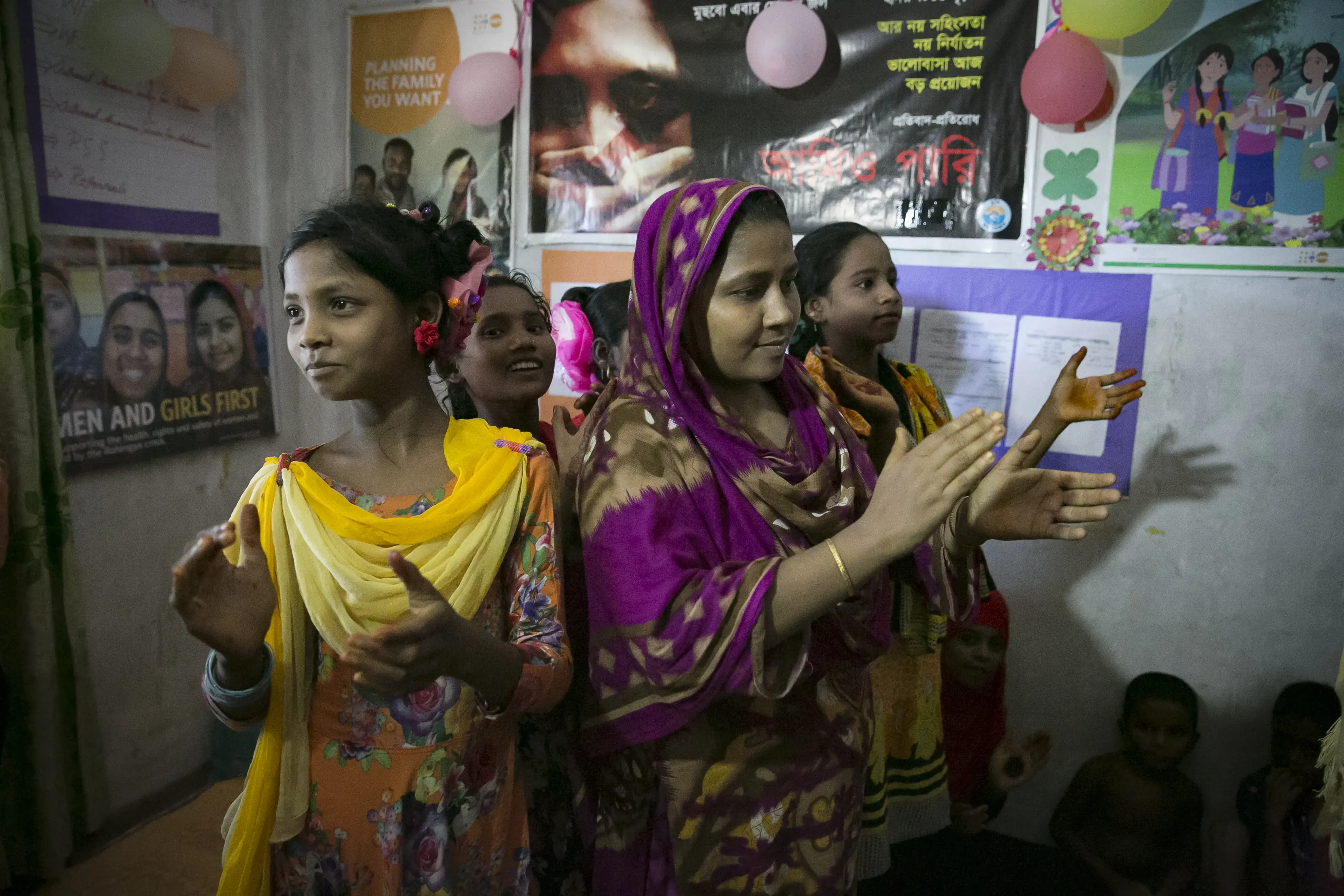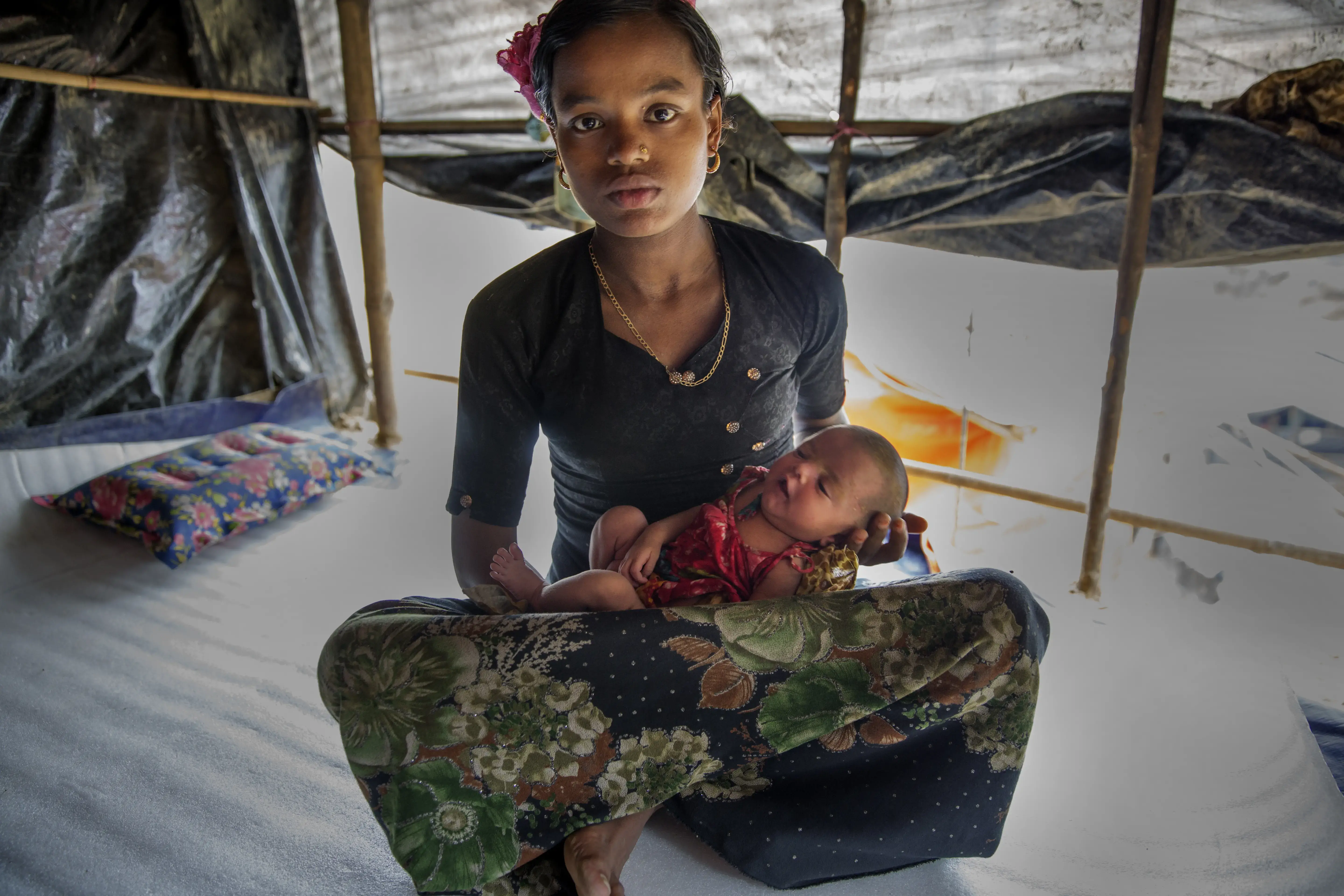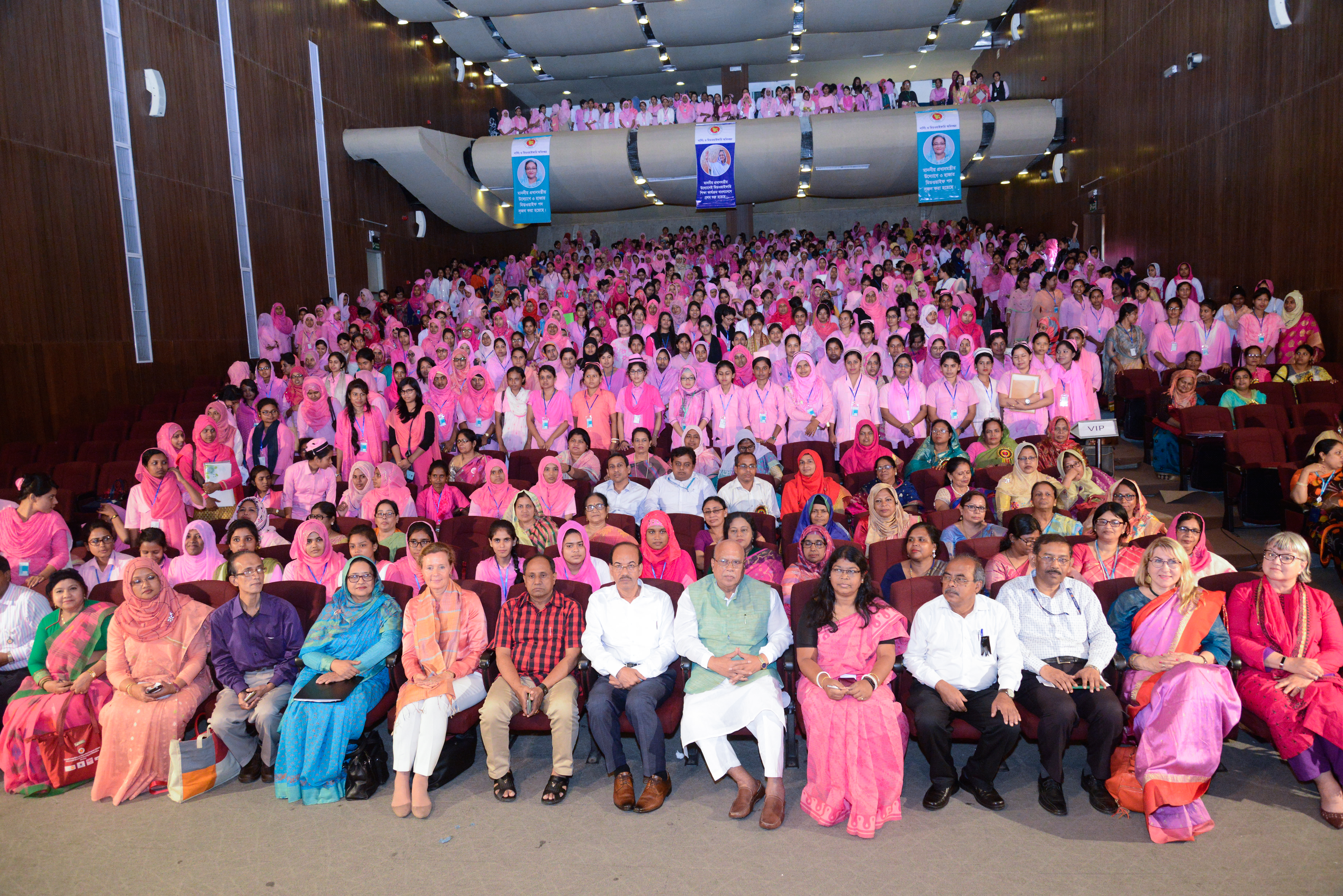
The Ministry of Health and Family Welfare (MOHFW) has deployed professional midwives to rural health facilities as a commitment to reach the Sustainable Development Goals. Midwives are experts in sexual and reproductive health care and provide autonomous respectful evidence-based care to healthy women in addition to the initial treatment for emergencies. The 1st class of Diploma in Midwifery students graduated in December of 2015 and since then have been working in the private sector as well as in development and humanitarian response. In June of 2018, 593 Midwives and in August 2018, an additional 550 Midwives were deployed and posted at various Upazila Health Complexes in Bangladesh. Even in this short period of time, many of these newly deployed midwives have been sharing their inspirational and invigorating experiences in providing much needed maternal and newborn care in Bangladesh.
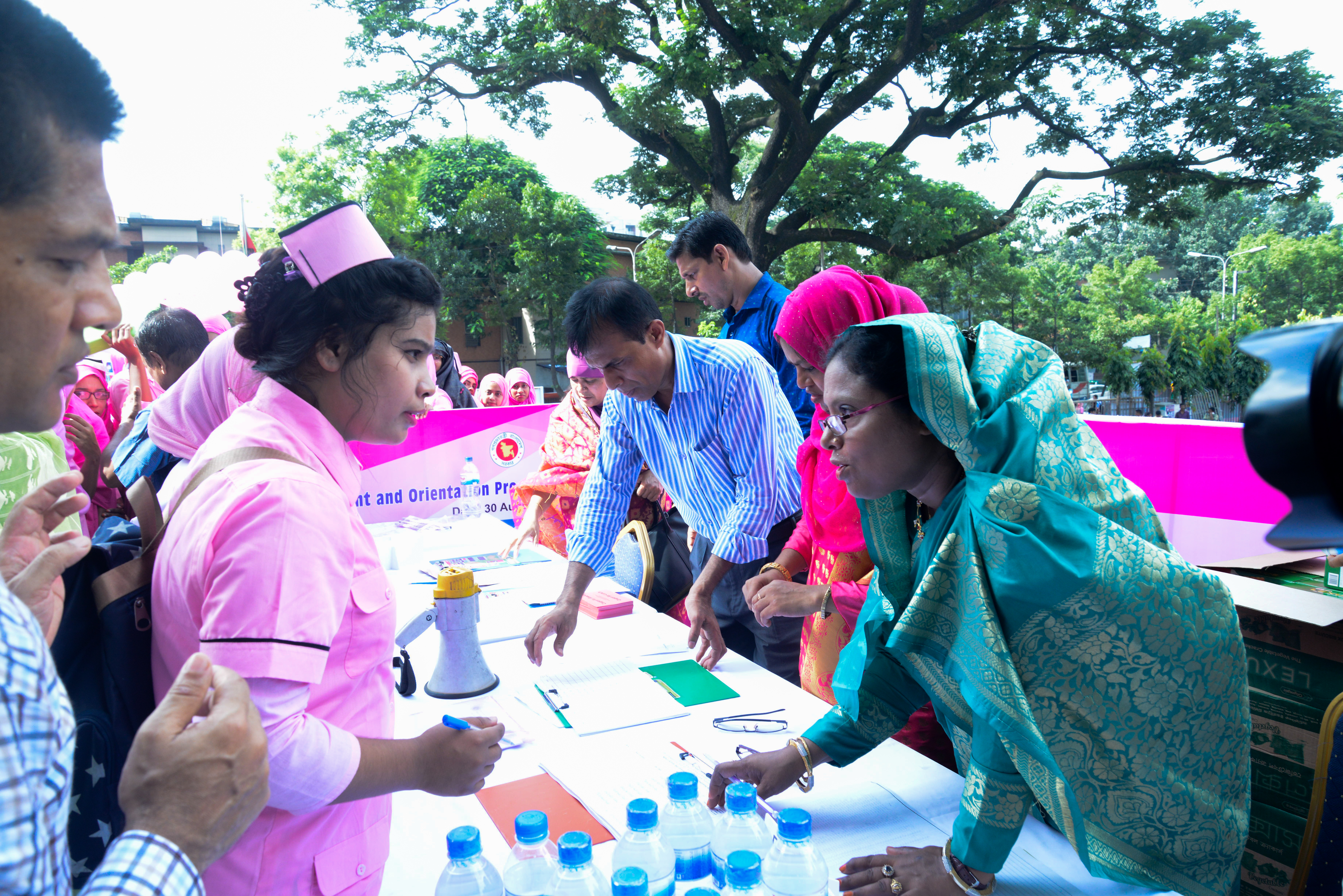
Tania Akter was deployed to Moheshkhali upazila soon after passing her licensing exam in 2016. Tania worked as a midwife in a union health facility as part of a cyclone response and later was moved to Ukhiya upazila in which she worked as a supervisor for midwives caring for Rohingya refugees and host communities in the area. Tania has delivered over 200 babies, treated many emergencies, and provided antenatal care to thousands of pregnant women. Though Tania works tirelessly for NGOs as part of the humanitarian response, her dream was always to work for the Government. This dream was realized when she got her deployment order from the Government of Bangladesh on 28 June 2018, Tania found out that she had been assigned to a remote island in Bhola. When Tania was asked how she felt about her posting her reply was, “wherever the posting is, I don’t care, my motive is the same, to save lives of mothers and their babies”.
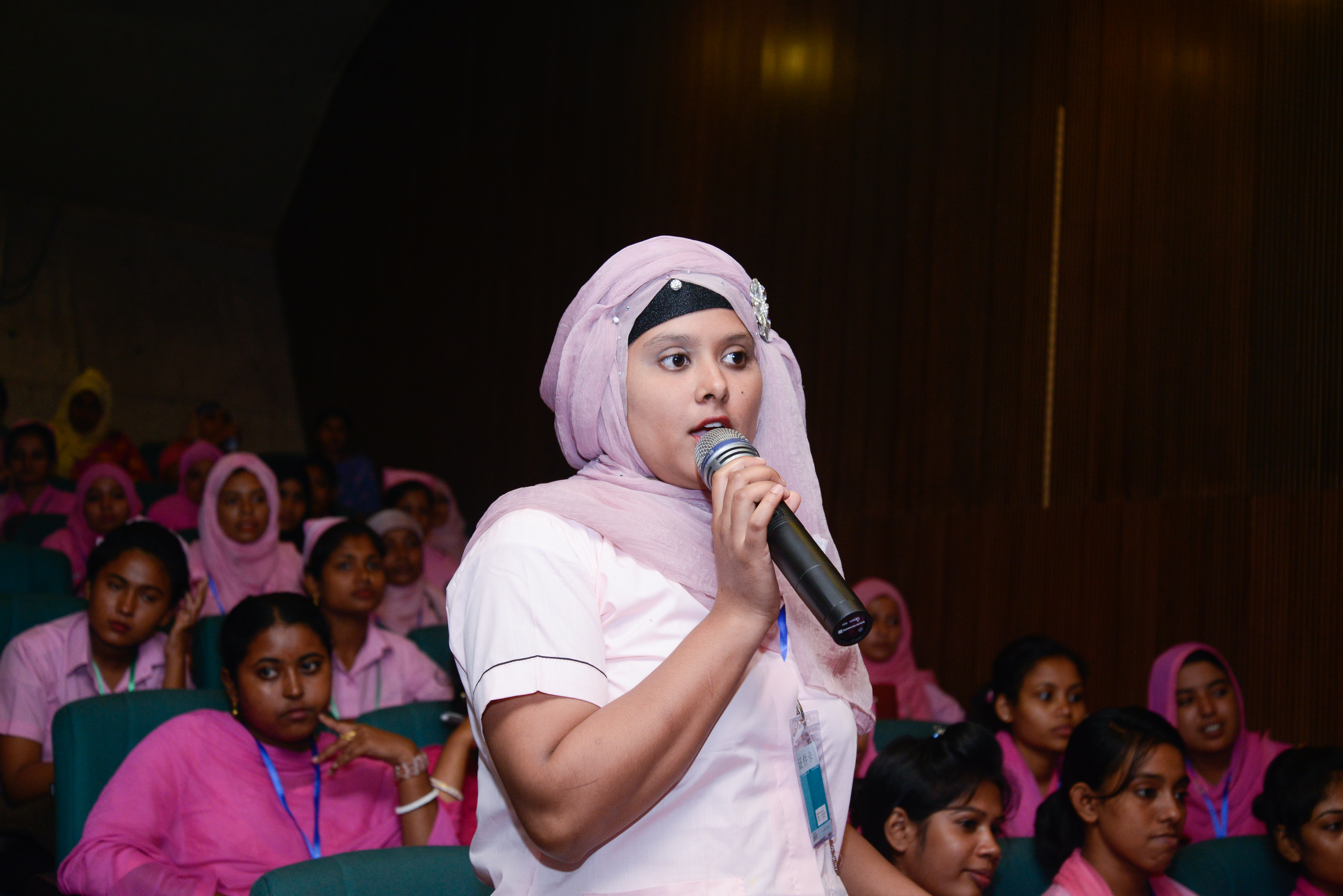
Like her, Sumaia, Sheuli, Nasima, Asia, Rozina, and more than 1000 other midwives have joined the government health facilities serving the underserved. These midwives are stepping into a big role within the health system with the goal of ensuring quality sexual and reproductive health care for all women and girls of Bangladesh. UNFPA extends its hearty congratulations to all Midwives and especially to the Government of Bangladesh for taking such an initiative forward. By their continued service to the people of Bangladesh, introduction of midwives into the health system is another huge step forward in achieving the maternal mortality reduction targets and the SDGs.
Through a formal event, held on 30 August 2018, the Honorable Health Minister, Mohammad Nasim mp welcomed the 1,143 Midwives and asked them to become important pillars of the health system by providing quality sexual and reproductive health services and counseling to all those in need. The Midwives also took an oath, pledging to serve women and girls with “honour and integrity”.
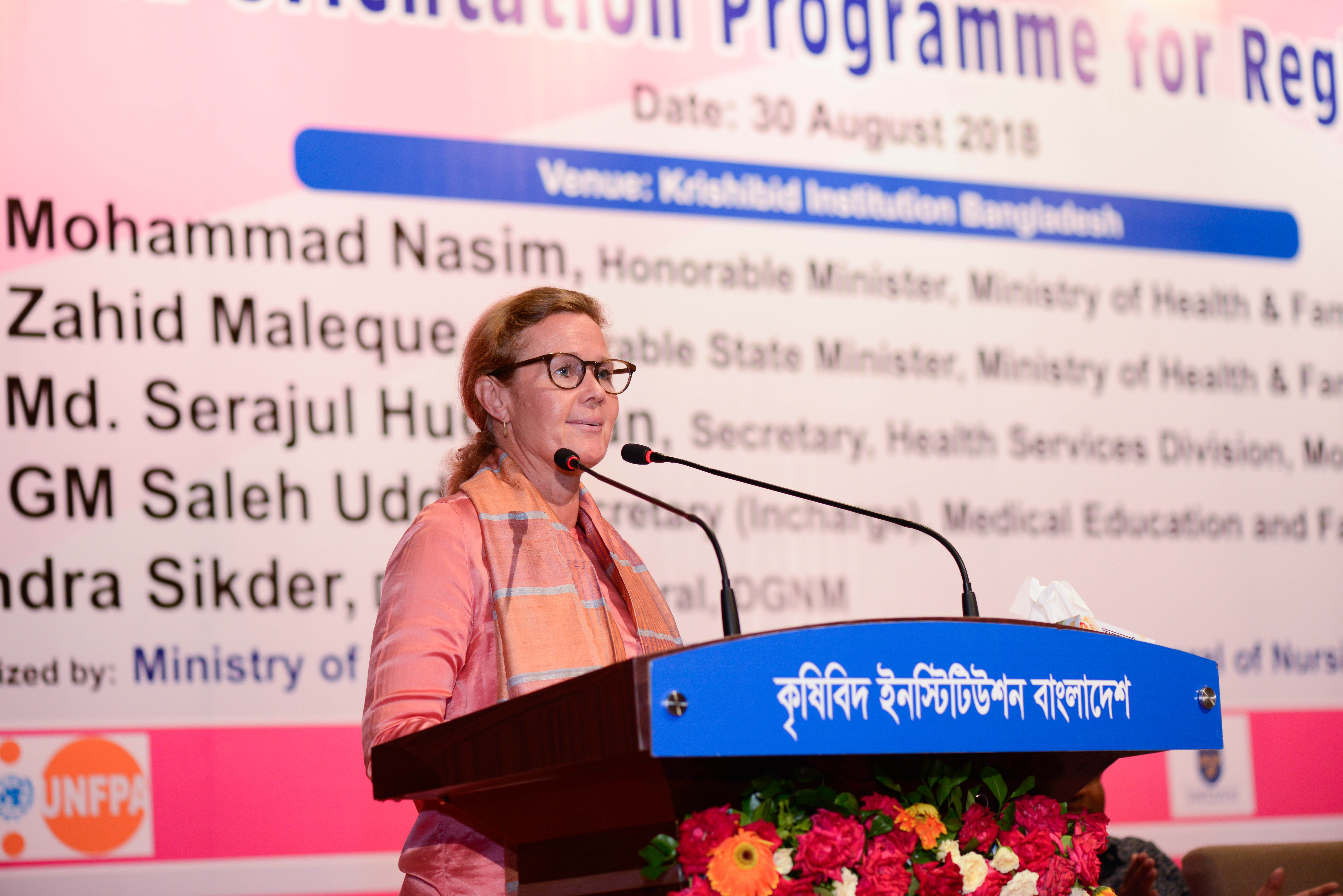
Dr. Asa Torkelsson, UNFPA Representative, encouraged the newly recruited professional midwives to step into their roles as crucial health care providers and become leaders in reducing maternal mortality, promoting gender equality, and ensuring universal access to sexual and reproductive health services for all. She hoped that through the integration of midwives into all aspects of the healthcare system - from public to private facilities and from communities to referral hospitals – the country can achieve zero maternal mortality and morbidity in Bangladesh. The midwives are all set to prove that they are the champions in bringing lifesaving health services to vulnerable women and girls, ensuring no one is left behind.
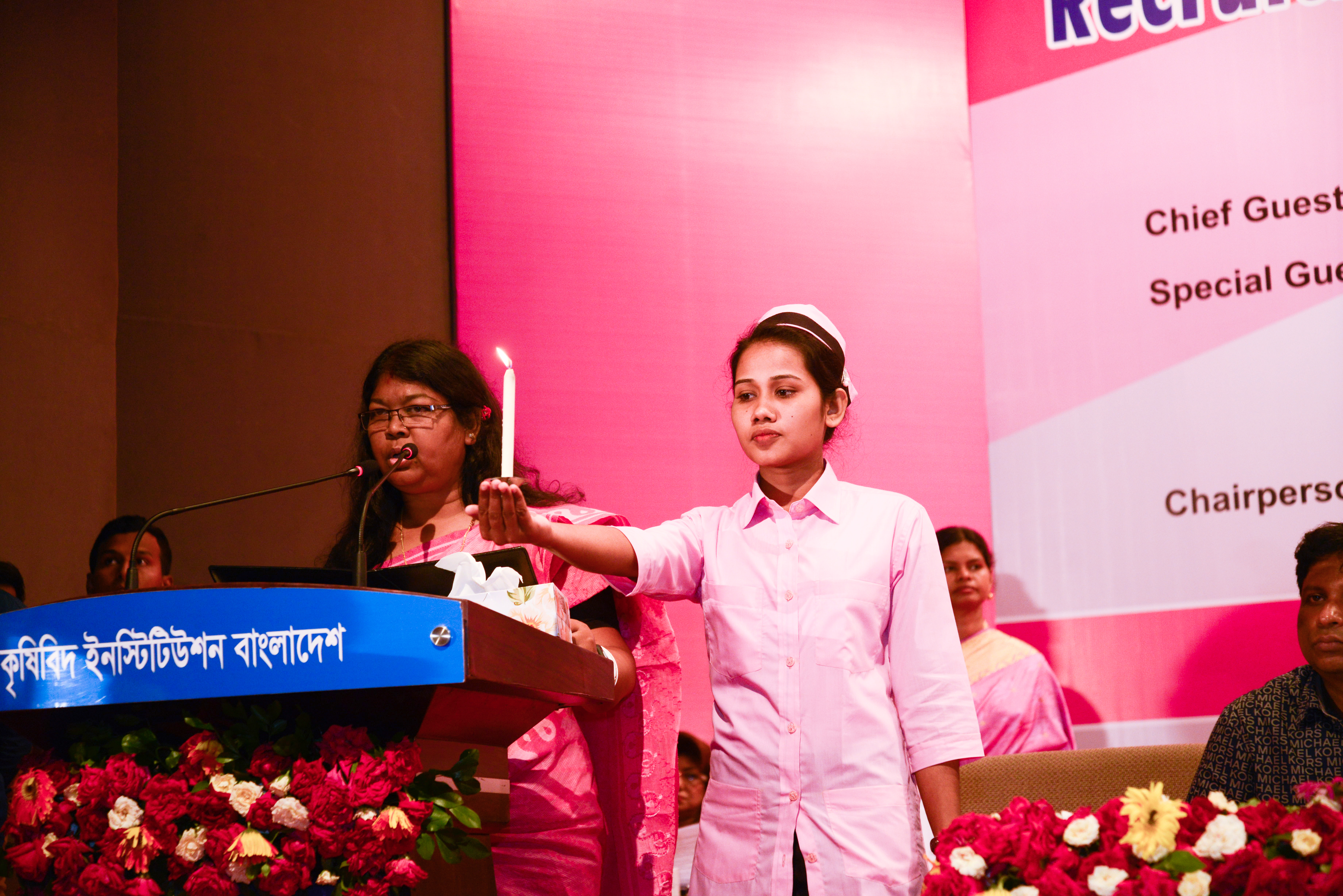
The Government of Bangladesh, with support from UNFPA, began offering a three-year specialized midwifery course in 2012. UNFPA would like to express its sincere gratitude to the Embassy of Sweden, the High Commission of the United Kingdom and the High Commission of Canada for their continued support to the midwifery programme.

